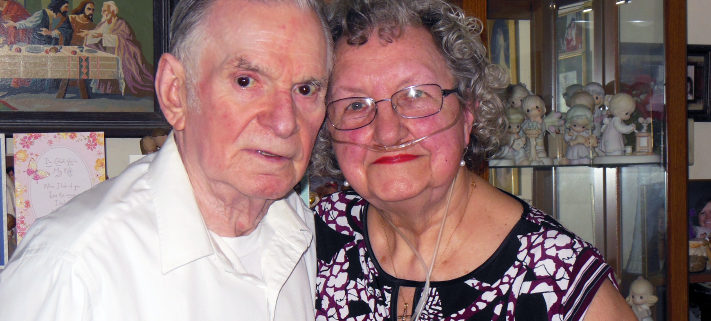Light for our path: Levels in heaven
Could you explain the different levels in heaven? I was told that people who do the greatest works on earth will get the upper levels in heaven. I have a hard time with this because it sounds like work righteousness.
James F. Pope
Your question provides the opportunity to marvel at the gracious love of God Christians enjoy in equal measure and in unique ways.
Salvation: equally enjoyed
You are correct in rejecting work righteousness as a way to heaven. If we were to attempt to save ourselves, we would have to be perfect, keeping every part of God’s law every second of our lives. We cannot do that. In addition, our attempts at personal holiness come to a crashing stop when we realize that we begin life with a sinful nature. We cannot be perfect on our own to enjoy salvation. Jesus was perfect for us. His holy life and substitutionary death are the reasons for our salvation. Our works do not contribute in any way to our salvation (Titus 3:5,6). The salvation we enjoy is God’s doing.
More than that, the salvation you and I enjoy is what all Christians possess. The book of Revelation illustrates that well. In one vision, the apostle John describes Christians who had been killed for their faith being given “a white robe” (6:11). The garment represents the robe of righteousness Jesus won and which people “wear” through faith in him. Each of those martyrs received a white robe. Some did not receive half a robe; others, two robes. All enjoyed salvation equally. Jesus’ parable of the workers in the vineyard (Matthew 20:1-16) also teaches that God’s children equally enjoy his salvation.
While all Christians enjoy the same gift of salvation, Scripture speaks of God customizing his gracious blessings. That brings us to the main part of your question.
Degrees of glory: individually blessed
Rather than speaking of levels of heaven (as the Mormons do), we understand Bible passages like Daniel 12:3; Matthew 25:23,28,29; Luke 19:17,19; 1 Corinthians 3:12-15; 2 Corinthians 9:6; and Revelation 14:13 to address the subject of “degrees of glory.” That expression describes the individual blessings God will graciously bestow on his followers in connection with their faithful earthly lives. We will have to wait to see what that specifically means.
What it means now is that we do not serve the Lord with the idea of getting something from him in the future. That is the mercenary attitude of which you spoke in your question. Such an attitude can easily plague Christians.
I once had a number of conversations with a person who was interested in joining the church I served. The person’s profession of faith and our church’s statement of belief matched until she brought up “once saved, always saved.” In spite of citing Bible passages that speak of people falling from faith (for example, Matthew 13:20,21; 1 Timothy 1:19), she regarded apostasy as an impossibility. Hypothetically conceding to her position, I asked what reason she had to attend worship services in church. Her answer made everything clear: “To get more jewels in my crown.”
Now I got it. Her stated motive for doing God’s will was to get something in return. That is an attitude we need to reject. Any way that God chooses to bless our Spirit-driven lives of love (Philippians 2:13) is grace. Pure grace.
Contributing editor James Pope, professor at Martin Luther College, New Ulm, Minnesota, is a member at St. John, New Ulm.
James Pope also answers questions online at wels.net/questions. Submit your questions there or to [email protected].
SUBMIT YOUR STORY
Do you have a manuscript, idea, or story from your own life you’d like to share for use in Forward in Christ or on wels.net? Use our online form to share it to our editorial office for consideration.
SUBSCRIBE TO FORWARD IN CHRIST
Get inspirational stories, spiritual help, and synod news from Forward in Christ every month. Print and digital subscriptions are available from Northwestern Publishing House.
Author: James F. Pope
Volume 104, Number 11
Issue: November 2017
Copyrighted by WELS Forward in Christ © 2021
Forward in Christ grants permission for any original article (not a reprint) to be printed for use in a WELS church, school, or organization, provided that it is distributed free and indicate Forward in Christ as the source. Images may not be reproduced except in the context of its article. Contact us



